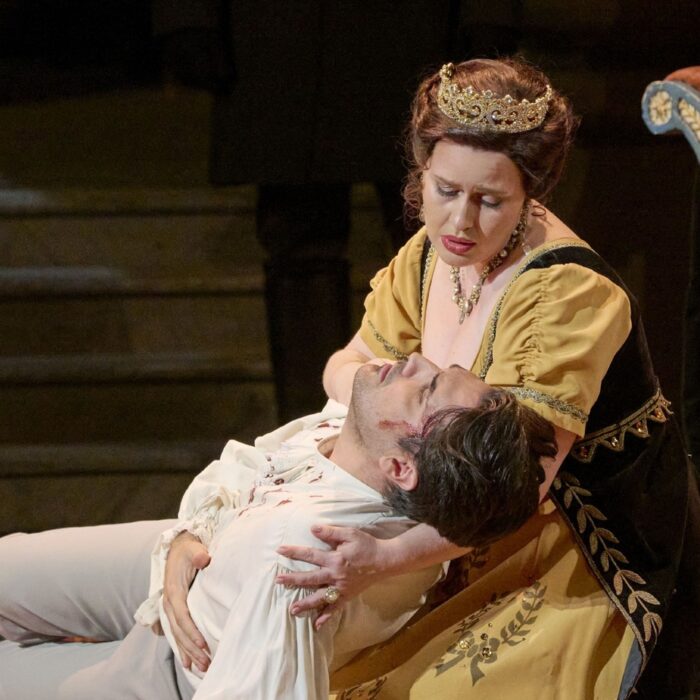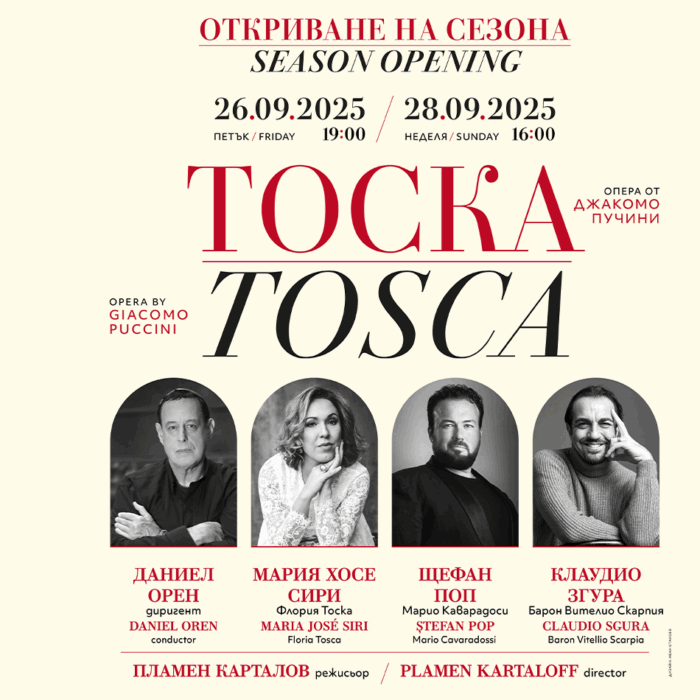
Metropolitan Opera’s 2024-25 Season Attendance Drops in Spring Season; Modern Operas Continue to Lag Behind
By Francisco SalazarThe Metropolitan Opera’s 2024-25 season attendance dropped in the spring portion, falling below projections.
According to the AP News, the company’s season sold 72 percent of capacity, matching the 2023-24 season. That was three percent down from its 75 percent projection from the winter. In February, the Met reported that the first half of the season had seen 70 percent of available tickets sold but was projecting that the season would finish with 75 percent of available tickets.
The company also noted that “factoring ticket discounts, it realized 60 percent of potential income, down from 64 percent in 2023-24 but up from 57 percent in 2022–23.” Additionally, the company reported 76,000 new ticket buyers, a decrease from 85,000 during the 2023-24 season. The average age of single ticket buyers was 44, the same as in the previous season, and a decline from 50 before the pandemic. Additionally, subscriptions accounted for just seven percent of ticket sales, down from 12-15 percent before the pandemic.
According to General Manager Peter Gelb, the disappointing ticket sales were due to a decrease in tourism. He told the AP, “We were on track to continue to improve. We were disappointed by the sales in the last two months of the season — our projections were much higher, and I attribute the fact that we didn’t achieve our sales goals to a significant drop in tourism.” He also said that economic uncertainty contributed to low ticket sales.
Looking at individual productions, modern works continued to dwindle and disappoint, except Jake Heggie’s “Moby-Dick,” which sold 81 percent. John Adams’ “Antony and Cleopatra” sold 65 percent, while Osvaldo Golijov’s “Ainadamar” sold 61 percent. The Metropolitan Opera’s commission and opening night opera, Jeanine Tesori’s “Grounded,” sold 50 percent, the lowest of any opera in the season.
The operas that sold the most tickets during the season included the English-language version of Mozart’s “The Magic Flute” and a new production of Verdi’s “Aida.” Both sold 82 percent.
They were followed by Puccini’s “Tosca” at 78 percent, while Tchaikovsky’s “Pique Dame” and Puccini’s La Bohème both sold 77 percent. Beethoven’s “Fidelio” and Rossini’s “Il Barbiere di Siviglia” were able to 76 percent, while “Salome” sold 74 percent and Mozart’s “Le Nozze di Figaro” sold 71 percent.
Operas that didn’t fare as well included Strauss’ “Die Frau ohne Schatten” selling only 68 percent and Verdi’s “Rigoletto” at 64 percent. Offenbach’s “Les Contes d’Hoffmann” and the German-language version of Mozart’s “Die Zauberflöte” only sold 62 percent, and Verdi’s “Il Trovatore” only filled the house 59 percent.
While ticket sales lagged, both Met music director Yannick Nézet-Séguin and Gelb saw an increase in their salary.
Nézet-Séguin earned $2,045,038, up from $1,307,583, while Gelb earned $1,395,216 up from $1,379,032 during the 2022-23 season. Gelb also accrued $798,205 listed as retirement or deferred compensation.
Back in February, when the Met released figures for the first half, newer operas were selling worse than classics, repeating a trend from the 2023-24 season. Gelb said, “It’s impossible to predict hits. On the other hand, if we don’t promote new works, then we’re saying goodbye to the art form.”
Read Related Stories
Categories
News

